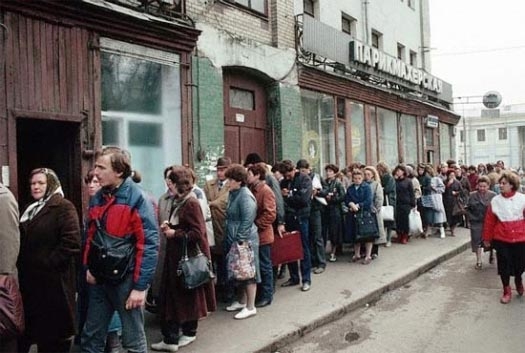Good read. +1

I disagree with one statement in your last post though.
Marx was not fixated on improving the lives of exploited workers and did not seek to create a system that would give the power to the workers.
IMHO Marx recognized that he could use class warfare to gain the support of the working class to overthrow the wealthy and seize power for his cronies thereby creating another class ("The Party") to which all other segments of society would be subject. If the working class believed they had a voice in it all the better but the truth is they did not. Not in any communist system which has ever existed.

There was to be no "middle class" comprised of the working masses. The "middle class", those enjoying better conditions than the masses is comprised solely of party officials, the "red aristocracy" as it were. Party officials, police, military brass,etc. had access to a separate black market of goods. That separation was enforced with the truncheon and the average schmuck learned to keep his mouth shut or risk disappearing into Siberia.
"Meat and sausage departments could boast of very advanced equipment – wooden boards, knives and scales with weights. No slicers, electronic scales, shrink-wrap or a packing person. Sausages were sliced into 200-300 gr pieces. One was allowed to buy only one piece. To buy more people had to take their children or relatives with them."



More pics of the "real" Russia.
http://kcmeesha.com/2010/02/20/behind-the-iron-curtainshortages/